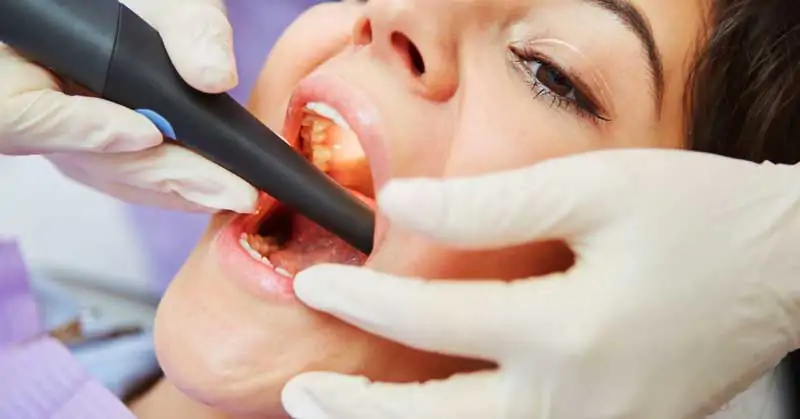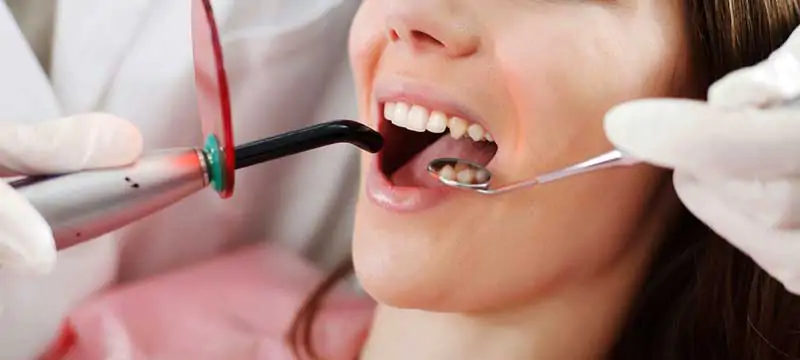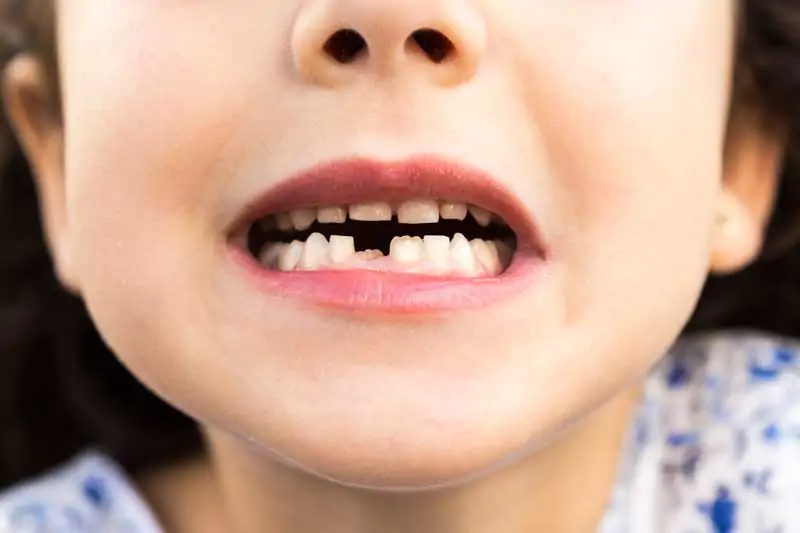Visiting the dentist regularly is a key part of maintaining good oral health. However, the frequency of dental visits varies depending on individual health needs, lifestyle, and risk factors.
The question, “How often should you visit the dentist?” doesn’t have a one-size-fits-all answer. In this article, we’ll explore expert recommendations, standard guidelines, and factors that affect how often you should visit the dentist.
General Guidelines for Dental Visits
Most dental professionals suggest a routine check-up and cleaning every six months. This interval is the standard recommendation for most people with good oral health and no ongoing dental problems.
A six-month visit allows the dentist to monitor any potential issues like cavities, gum disease, or other conditions that may not yet be noticeable to you.
However, it may be enough for individuals with healthy teeth and gums and a low risk of dental problems to visit just once a year. Sometimes, the interval may extend up to 24 months between visits, depending on the individual’s oral health and the dentist’s advice.
Personalised Dental Care Approach
People’s dental health varies based on hygiene, diet, and medical history. Dentists take these elements into account when deciding on a visit schedule.
People who are at higher risk for dental issues, such as smokers or those with conditions like diabetes, might need more frequent check-ups, sometimes every three to six months.
If you have a medical condition, such as heart disease, or if you’re pregnant, you might need to schedule more frequent visits. Pregnant women, for example, should keep up with regular dental visits to prevent gum disease, which can affect both mother and baby.
Why Regular Visits Matter
The importance of visiting the dentist regularly cannot be overstated. Dental check-ups provide the opportunity to identify and address issues before they become serious problems.
For example, cavities, gum disease, and even oral cancer may not show symptoms in their early stages, but they can be detected through regular check-ups. Early intervention leads to less pain, lower costs, and fewer complications.
Professional cleaning is another vital part of dental visits. While regular brushing and flossing can help remove plaque, they can’t remove hardened plaque, also known as tartar. Tartar can lead to tooth decay and gum disease if not properly cleaned by a dental professional.

Special Considerations for Specific Groups
Children and Teens
Children and teenagers are still developing their teeth, so it’s important to have regular check-ups to ensure proper growth and early detection of any potential problems.
The American Dental Association recommends that children visit the dentist at least once a year, though those with higher risks may need more frequent visits.
Pregnant Women
Pregnant women experience hormonal changes that can affect their oral health, making them more susceptible to gum disease. Regular dental check-ups during pregnancy can prevent complications and protect both mother and child.
Smokers and Heavy Drinkers
Smoking and excessive alcohol consumption can increase the risk of oral health issues like gum disease, tooth decay, and oral cancer. People who smoke or drink heavily should visit the dentist more often for monitoring and preventive care.
People with Chronic Conditions
Individuals with diabetes, weakened immune systems, or other chronic health conditions may need to visit the dentist more frequently due to their increased risk for oral health problems.
The Consequences of Skipping Regular Dental Visits
Many people skip dental appointments due to busy schedules or believe their teeth are fine. However, this can lead to long-term consequences. Small issues like cavities or gum disease can go unnoticed and become more serious without regular check-ups. This can lead to painful procedures, extensive treatments, and more costly dental bills in the future.
By visiting the dentist regularly, you practice preventive care, just like regular maintenance on a vehicle. It’s much easier and cheaper to prevent problems than to fix them once they have progressed.
Dental Care at Bali Sudirman Medical Centre
The Bali Sudirman Medical Centre offers a comprehensive range of dental services if you’re in Bali. From routine cleanings to more complex procedures, they are committed to providing high-quality oral care.
Their experienced team ensures that each patient receives personalised care tailored to their unique needs, whether you’re seeking a simple check-up or treatment for more serious dental concerns.
Key Takeaway
While the general guideline of visiting the dentist every six months works for most people, there is no universal rule. Your dentist can help you establish the best schedule based on your health, lifestyle, and oral care needs. Regular visits invest in your long-term oral health, helping prevent costly and painful dental issues later.
Frequently Asked Questions (FAQ)
How often should adults visit the dentist?
For most adults, a visit every six to twelve months is recommended. However, those with ongoing dental issues or specific health concerns may need to go more frequently.
Is it necessary to visit the dentist if I don’t have any pain?
Yes, regular check-ups are important even if you’re not experiencing pain. Many oral health issues, such as cavities and gum disease, do not cause immediate symptoms but can be detected early during routine visits.
How often should children visit the dentist?
Children should visit the dentist at least once a year. More frequent visits may be necessary if they have specific health concerns or a higher risk for dental issues.
How can I maintain good oral health between dental visits?
Maintaining good oral hygiene habits, such as brushing your teeth twice daily, flossing daily, and using mouthwash, is crucial. Also, avoid sugary foods and drinks and consider a balanced diet to promote strong teeth and gums.
For top-quality dental care, consider visiting a dental clinic like Bali Sudirman Medical Centre, where professionals provide comprehensive oral health services.









